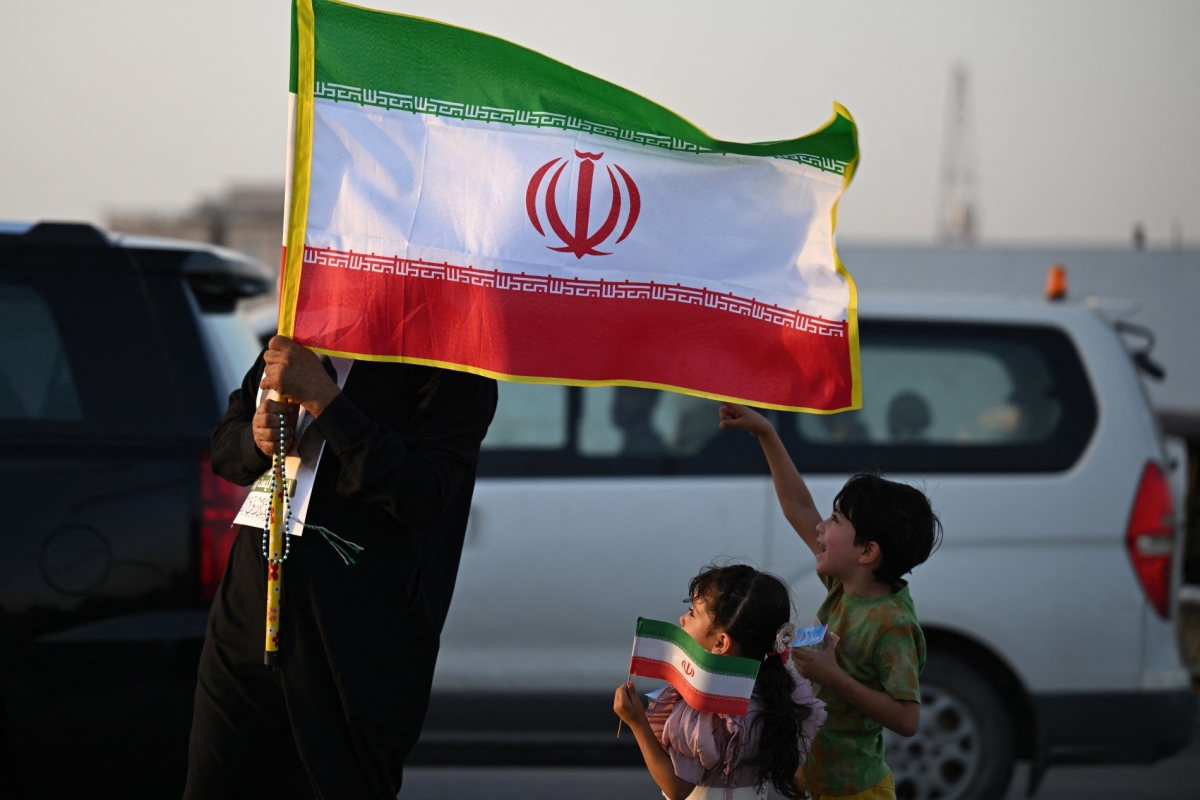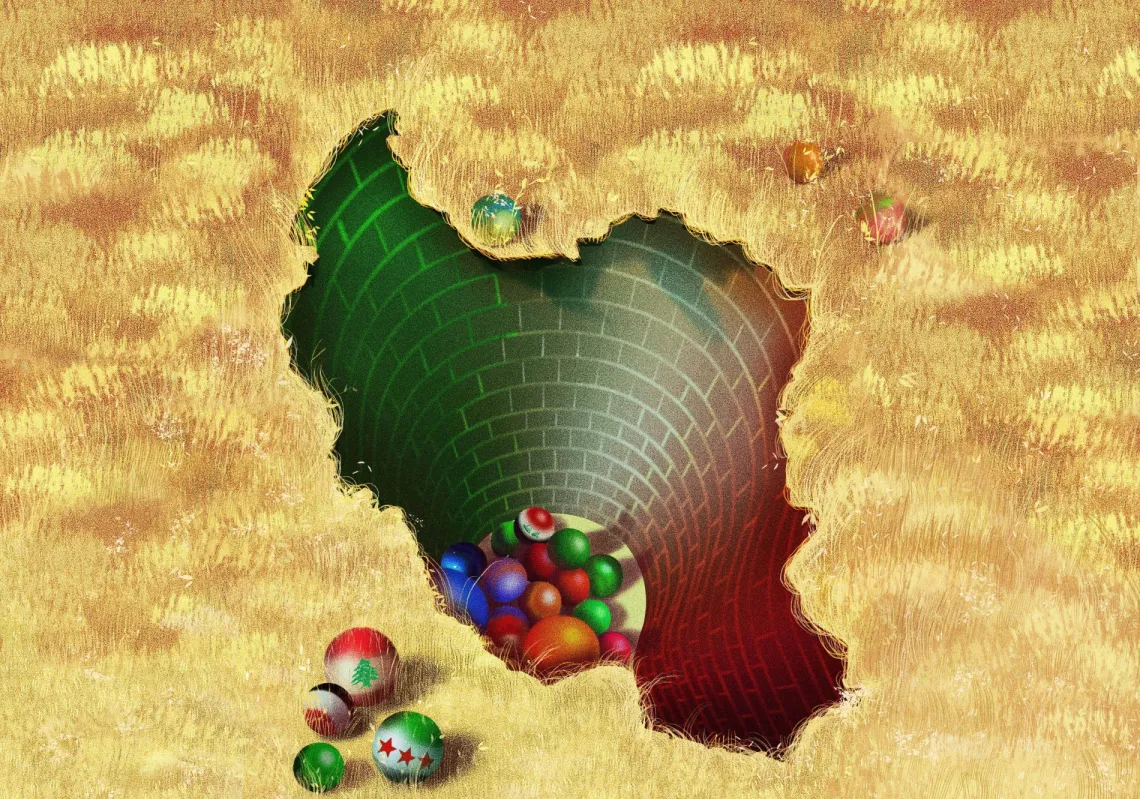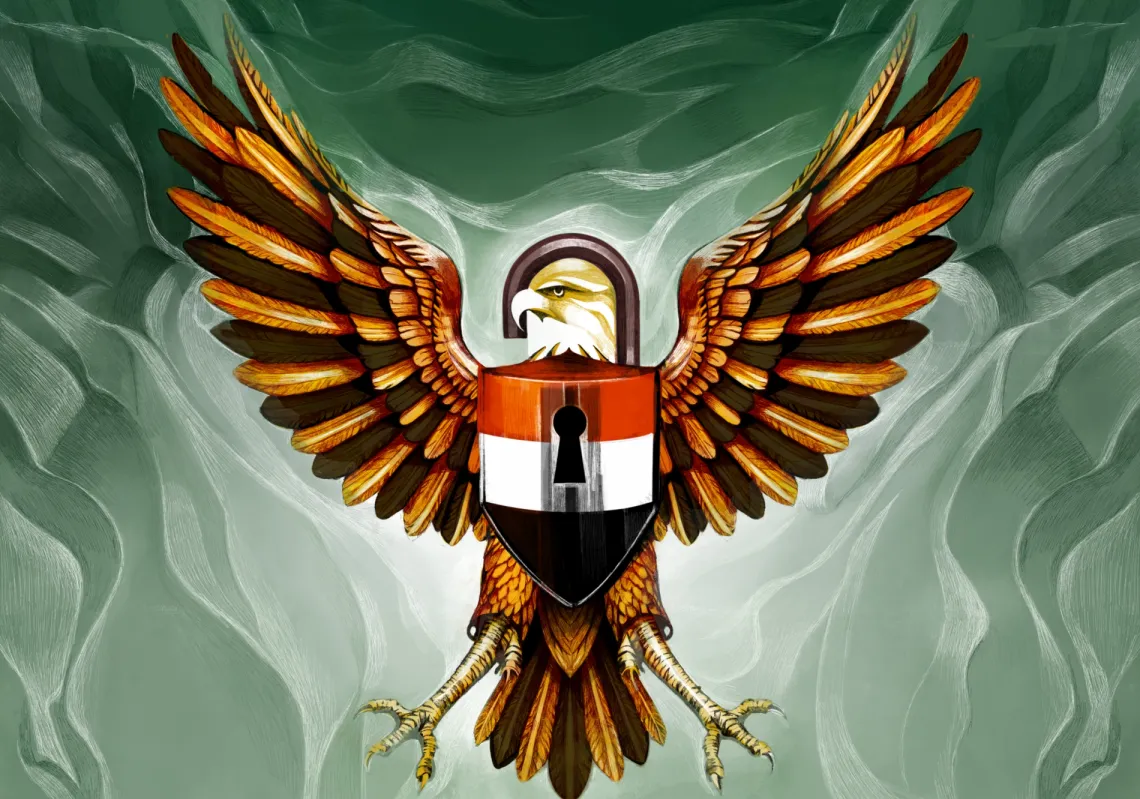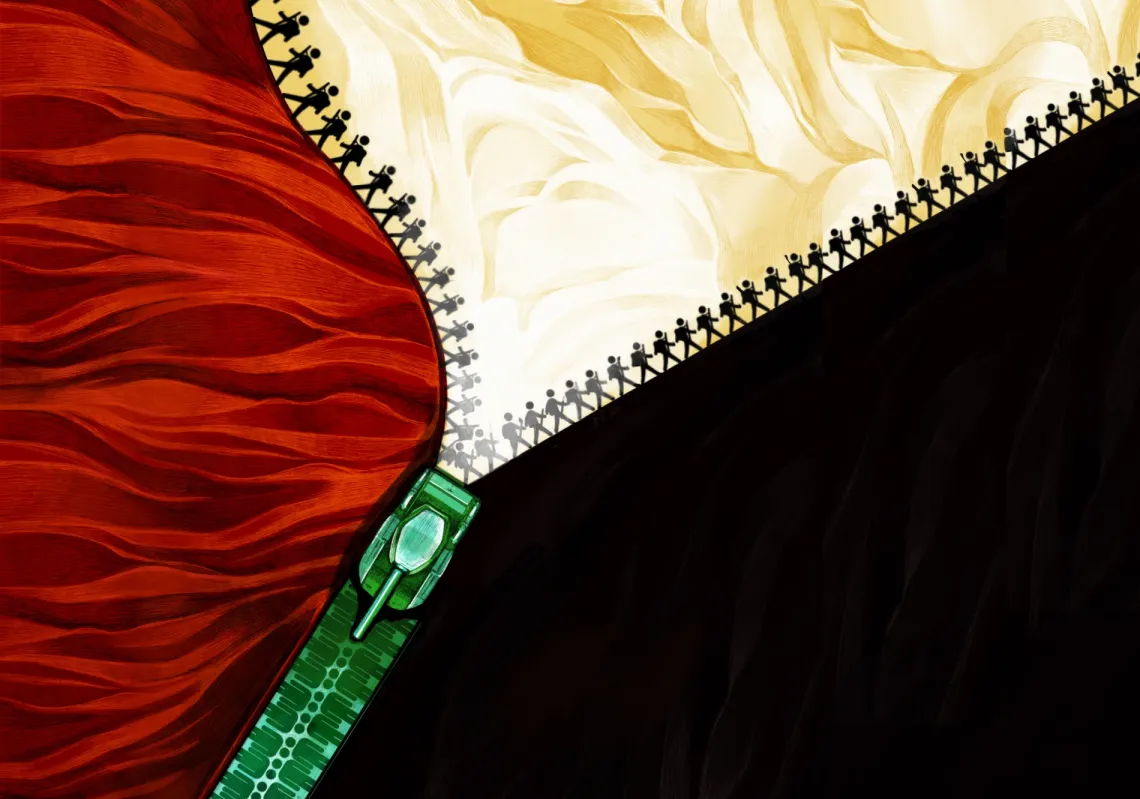During the 12-day war in June between Israel and the United States against Iran, banners appeared in Baghdad proclaiming: “This is the battle of truth against falsehood, and silence is betrayal.” Yet there was a different truth throughout those days: the Iraqi people were fearful that the war would spill over and engulf them. After the ceasefire, Iraqis were relieved, celebrating “the Islamic Republic’s triumph” over Israel.
Yet throughout those 12 days, when Iranian commanders, scientists, military sites, and nuclear facilities were being attacked, Iraqi support for Iran amounted to hashtags and slogans on social media. Despite the fiery warnings from the leaders of Iraqi armed factions, these groups issued tepid and conditional statements, such as: “If the Supreme Leader is targeted, we will intervene.”
More than most, Iraqis know the tragedies of war. Haunted by Saddam Hussein’s ruinous wars (with Iran from 1980-1988 and his reckless invasion of Kuwait in 1990), they also know that there are no real victors, only the enduring scars of economic and social devastation. Yet as Iraqi scholar Salim Souza has argued, political culture today defines victory not by battlefield success, but by the survival of the ruling order.
In Iraq, Shiite political forces and their media portrayed the 12-day Iran-Israel war as a sectarian showdown between Shiites and Israel. They linked the fate of Iraq’s Shiite-led political order to the survival of Iran’s system of governance, led and exemplified by the Supreme Leader, Ali Khamenei. In this narrative, Israel was not merely targeting Iran; it was attacking the broader Shiite political power base across the region.
There is an irony here, because Iranians themselves rejected this sectarian framing. On the contrary, their rhetoric emphasised national identity over religious ideology. In his first public address after the ceasefire, Khamenei spoke not of Islam, but of “a great people, a powerful and vast Iran, with an ancient civilisation and cultural heritage that far surpasses that of America and its ilk”.
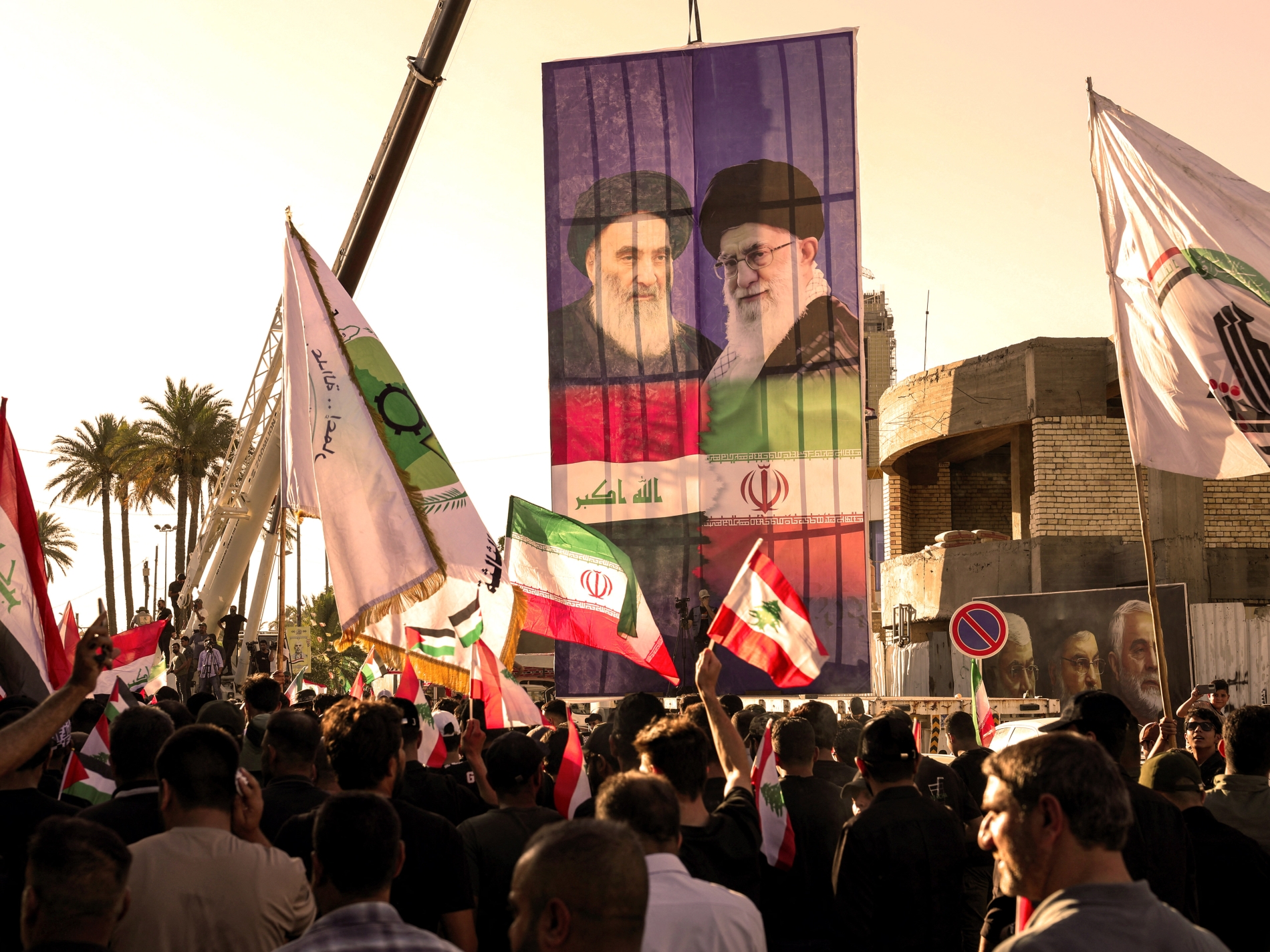
At the Ashura commemorations, Iran's Supreme Leader requested a poem titled "O Divine Iran"—rich with Shiite symbolism, yet recited not to elevate sectarian pride, but to affirm Iranian national identity, even during sacred religious occasions.
That identity may need some affirmation. Since Hamas attacked Israel on October 7 2023, Iran's network of proxies has been attacked and weakened, whether in Gaza, Lebanon, or Yemen. Iraq's armed factions are one of Iran's last remaining regional levers, and while they did not enter the Iran-Israel war, they remain armed and intact.
Indeed, there are indications that it was Iran that urged their restraint. Tehran recognised that any Iraqi intervention would invite Israeli retaliation, not just against the militias but against its own entrenched networks and interests in Iraq. Iranian officials also understood the limited military value of the militias.
Far from tipping the balance, their involvement may have led to their obliteration. Preserving them as tools of strategic deterrence against the US in Iraq was deemed far more valuable than sacrificing them in a losing war. As a result, the most lasting impact of the 12-day war may be a recalibration of Iran's strategy in Iraq.


